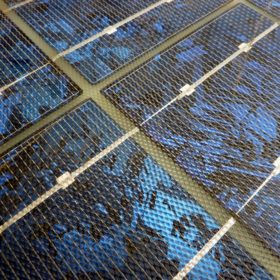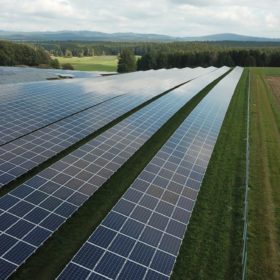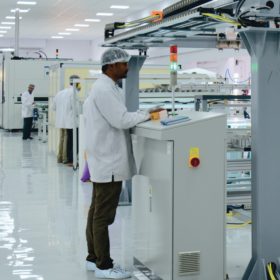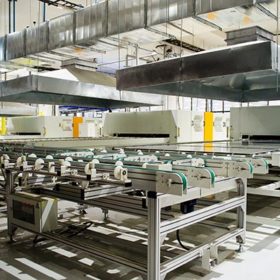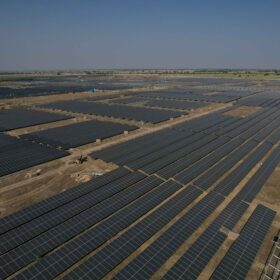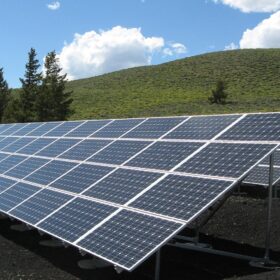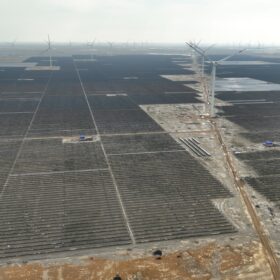REIL seeks 600,000 multi-crystalline silicon solar cells
August 21 is the deadline to submit bids for supply of 4.50W (4-/5-busbar), 4.60W (5-busbar) and 4.67W (5-busbar) multi-crystalline solar cells. Only Indian manufacturers are eligible to participate.
Government priority is to make Li-ion batteries in India: Transport minister
The government is acquiring lithium mines abroad to ensure raw material availability for electric vehicle battery production. Among other technology alternatives for EVs, it is looking at developing indigenous hydrogen fuel cells with hydrogen derived from biomass.
Impact of strained India-China relationship on the solar sector
India’s entire solar industry is dependent on Chinese imports to function. Hence, there is a comprehensive need to relook at the current policies and focus on building wafers and ingots capacity that will be used to manufacture the cells and eventually, modules.
Legal loophole protecting imported panels from subsequent duties discriminates against Indian products, say manufacturers
Indian solar manufacturers have cried foul over a system which exempts imported panels from yet-to-be-announced tax regimes but offers no such protection to domestic products.
India needs solar modules worth Rs 15,000 crore annually
The country—which meets over 80% of the solar module demand through imports—can turn the present crisis into an opportunity by ramping up domestic manufacturing with measures like fiscal incentives.
Prioritising clean energy will be key to economic recovery
Cost savings associated with switching to least-cost energy solutions like wind and solar can be redeployed for economic recovery. At the same time, building resilience on fronts like energy system design and supply-chain management is crucial to deal with unexpected shocks and crises.
Post Covid support required for electric vehicles: FICCI
The industry body has recommended a series of measures including a continuation of FAME II Scheme to 2025, short-term booster incentives for consumers and support for in-house R&D to boost the electric vehicle sector.
Hearing about solar cell safeguarding duty on Friday
The Directorate-General of Trade Remedies has called a meeting of concerned parties as it considers whether to extend the duty on solar cells.
Energy and Economy: Rewriting the Indian story for the World
India is running the world’s largest renewable energy expansion program with a mind-boggling target of 450 GW by 2030. Can the country with a growing energy demand do more than this? Can it do what developed countries should have done years ago?
India can become electric vehicle manufacturing hub within five years: Nitin Gadkari
The industry needs to cut a dependence on electric vehicle battery imports from China, according to the road transport minister, who said the government is looking to support research into alternatives to lithium-ion technology.
